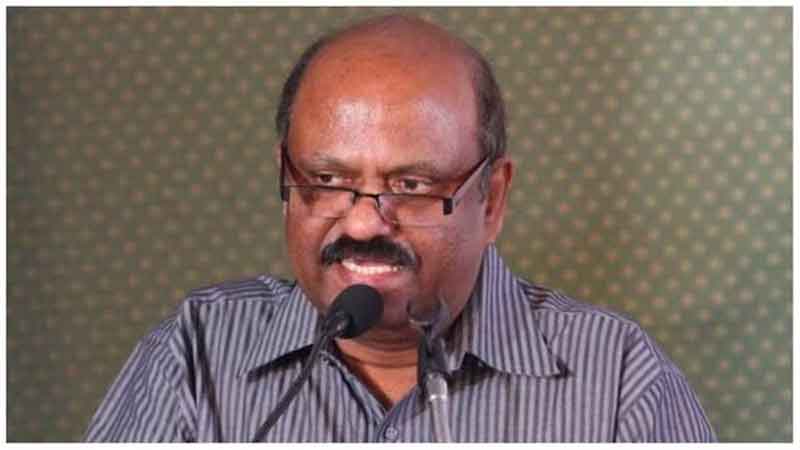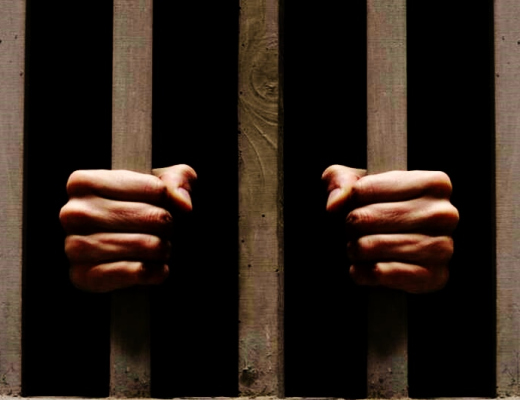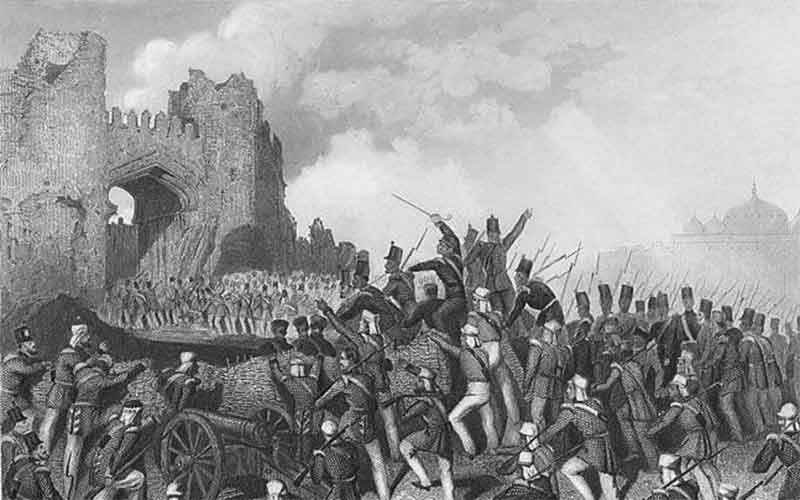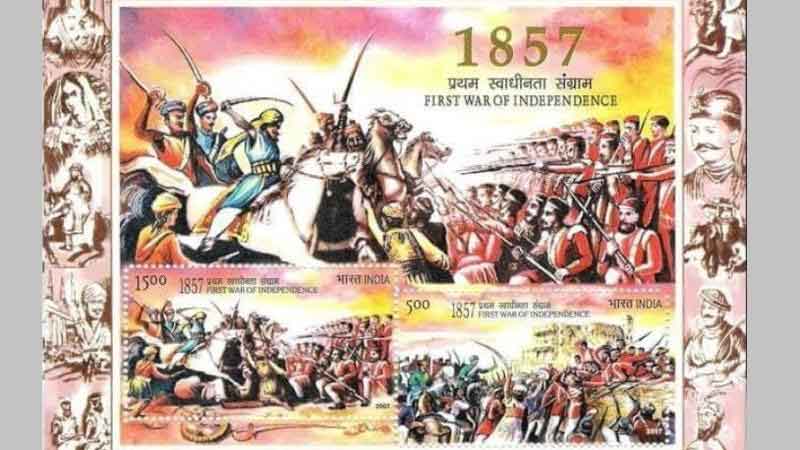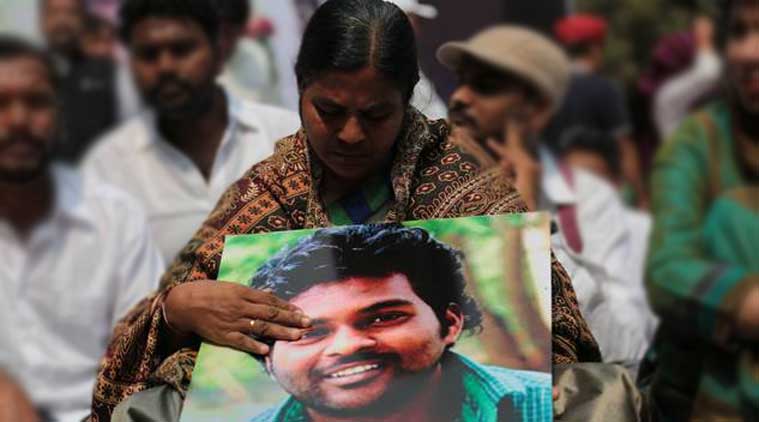
For a very long time, I was absolutely certain that India could never be ruled by a Hitler. My argument was that there are already too many Hitlers in the country – one in each Mohalla – and they would all cancel each other out.
After all, that is what democracy in India has always been about – essentially a ‘balance of terror’ between different warlords – feudal, cosmopolitan, or corporate – competing fiercely without producing a clear or long-lasting winner.
I admit now I was quite wrong. I am not sure what happened, but in the last decade or so, the average Indian warlord seems to have lost his/her mojo. He/she has allowed a real Hitler to emerge unchallenged right at the top of the political dung heap.
I am talking about Narendra Modi, of course, and the way he has managed to grab unlimited and unchecked power since 2014 when he was first elected Prime Minister. His political crudeness, the cult of personality surrounding him together with his perceived invincibility –built through clever marketing and propaganda – has made him a strange cross between Hitler, Idi Amin and perhaps Kim Jong Un of North Korea.
However, the good news is that all is not lost for the future of Indian democracy – there are still many rival power centers in the country that are ready to challenge the dictator. And interestingly enough, many of these come from within the BJP and the larger Hindutva movement itself. Even better, in my view, the defeat of the Modi phenomenon is happening at the hands of none other than Narendra Modi himself.
Let me explain.
Firstly, while everyone is focusing on the quantitative results of the elections (as if it were an IPL match)– few are noticing the severe qualitative decline of Modi’s own party. Once a political organization bursting with many real and wannabe leaders, Modi has established total domination over the party – surrounding himself with doormats to be stepped upon with his expensive pointy shoes.
During his decade-long reign, Modi has silenced and neutralized not just critics outside but also colleagues within the ruling Bharatiya Janata Party. Today, there is not a single BJP leader with a mass following, power base, or the mojo to take on Modi for the party’s leadership. For example, veteran leaders like Shivraj Singh Chouhan, Raman Singh, or Vasundhara Raje don’t dare to go it alone in their respective states.
For that matter, even the RSS, the mentor organization of the BJP, does not have the guts to challenge him. The walrus-moustached Mohan Bhagwat, who heads this retrograde organization, appears in front of Modi like a needy Brahmin who feeds every day at funeral ceremonies.
How did this come about? Where have all the other 56″ chested Hindu upper caste leaders – that traditionally make up the RSS and BJP leadership – disappeared? Notorious for their big egos, endless turf wars, and aggressive lust for power, why have all these wolves turned into scared sheep in just a decade or so?
There is a mix of two main reasons for this – raw fear and genuine awe.
The fear is writ large in the very body language of everyone around Modi – from the genuflecting Vice President of India to the jittery skeletons masquerading as ministers in the union cabinet.
There is the fear of being consigned to political oblivion if ‘Saheb’ gets angry or spots a challenger of any sort. There is fear of losing the enormous loot to be had by anyone who finds favour with the ‘Dear Leader’. Corporate lobbies, contractors, those seeking appointments and transfers plus fly-by-night operators – pay Modi acolytes billions of rupees to help push their schemes through. Some larger scams, like that involved with electoral bonds, go directly to the top.
The only one who does not show fear is Modi’s pet bulldog – Amit Shah. This is because, apart from holding all his Master’s secrets as insurance, Shah is also the main instrument for striking terror within and outside the party.
Ironically, while the Indian opposition complains that intelligence and tax agencies are used against it, these are also deployed to keep members of Modi’s own party in line. And given Shah’s reputation for taking out all ‘inconvenient’ obstacles to power (remember Haren Pandya or Justice Loya?), he may be the only creature on the planet Modi is truly scared of.
All this fear, though, only serves to hide the resistance to both Modi and Shah inside the BJP camp. At some point – when the duo falters- all these sheep are likely to revert to being wolves. While few in the BJP will talk about it openly, the extraordinary level of centralization of power is stoking discomfort at the local and regional levels within the party.
There is resentment building up at the arbitrary way in which many senior BJP leaders have been humiliated and rejected. And it is not only those within his own party – Indian voters too are noticing that there is something very wrong when the entire ruling party is reduced to just one larger-than-life size man.
There is even greater anger among party cadres at the very large number of leaders picked up from other parties – mainly the Congress – who are occupying high positions as ministers or as senior functionaries. Ironically, it is these turncoats, who don’t have the discipline inculcated by the RSS or any loyalty to its vision of India, who are at some point going to break up the BJP (watch this space).
Coming to Modi’s ‘awe factor’, it must be acknowledged, there is genuine admiration for the man in his party. He has delivered unprecedented success for the BJP and the RSS – repeated electoral victories, access to state and corporate resources, ideological hegemony, and fulfilling the RSS’s dream of a ‘Hindu Rashtra’. So, when Modi struts around in public like a modern-day Hindu monarch, there seems to be total acceptance at all levels of the BJP.
Here again, I suspect, for all this adulation there is also discontent building up against Modi in larger Hindutva circles – which goes beyond just the BJP and includes Hindu institutions and organisations that the RSS has assiduously cultivated over the last few decades. Their unhappiness has to do with attempts to equate Modi with not just a ‘Hindu king’ but as a ‘God-King’ of some kind.
For example, when Champat Rai, secretary of the Ram Janmabhoomi Trust, recently called Modi an ‘avatar of Mahavishnu’, it set off alarm bells within these groups. Throughout India’s rich and diverse history, there have been instances of kings and emperors who, driven by hubris and desire for absolute power, have attempted to equate themselves with God or deities. None of them survived the backlash.
There is a deeply ingrained belief in the separation of temporal and spiritual authority in Indian society. By attempting to blur the lines between political and religious authority, rulers like Modi will face opposition from even conservatives at some point. For instance, Modi’s performance of the pran pratishtha at the newly inaugurated temple to the infant Lord Ram in Ayodhya led to a boycott of the ceremony by the four Shankaracharyas -the highest authorities in Hinduism.
The resistance against self-deification by rulers is also deeply rooted in India’s cultural, religious, and philosophical traditions, which emphasize the importance of humility and dharma or righteousness for those in power.
One of the earliest examples of a ruler attempting self-deification can be found in the story of King Vena from Hindu mythology. According to the Bhagavata Purana, King Vena, intoxicated by his own power and wealth, declared himself to be the supreme authority and demanded that all religious rituals and sacrifices be directed towards him instead of the gods. This act of hubris and disregard for the established religious order angered the sages and his own subjects, who eventually revolted against him. The sages performed a ritual to remove the evil from Vena’s body, ultimately leading to his downfall and the birth of a new, righteous king, Prithu, from his remains.
We don’t know if there is a heroic Prithu waiting in the wings somewhere but it’s quite clear that the seeds of King Vena’s destruction have been sown by the monarch himself. For Narendra Damodardas Modi it is only going to be a steep descent from here on.
The only question is whether he will descend alone or take the entire country with him.
Satya Sagar is a journalist and public health worker who can be reached at [email protected]






